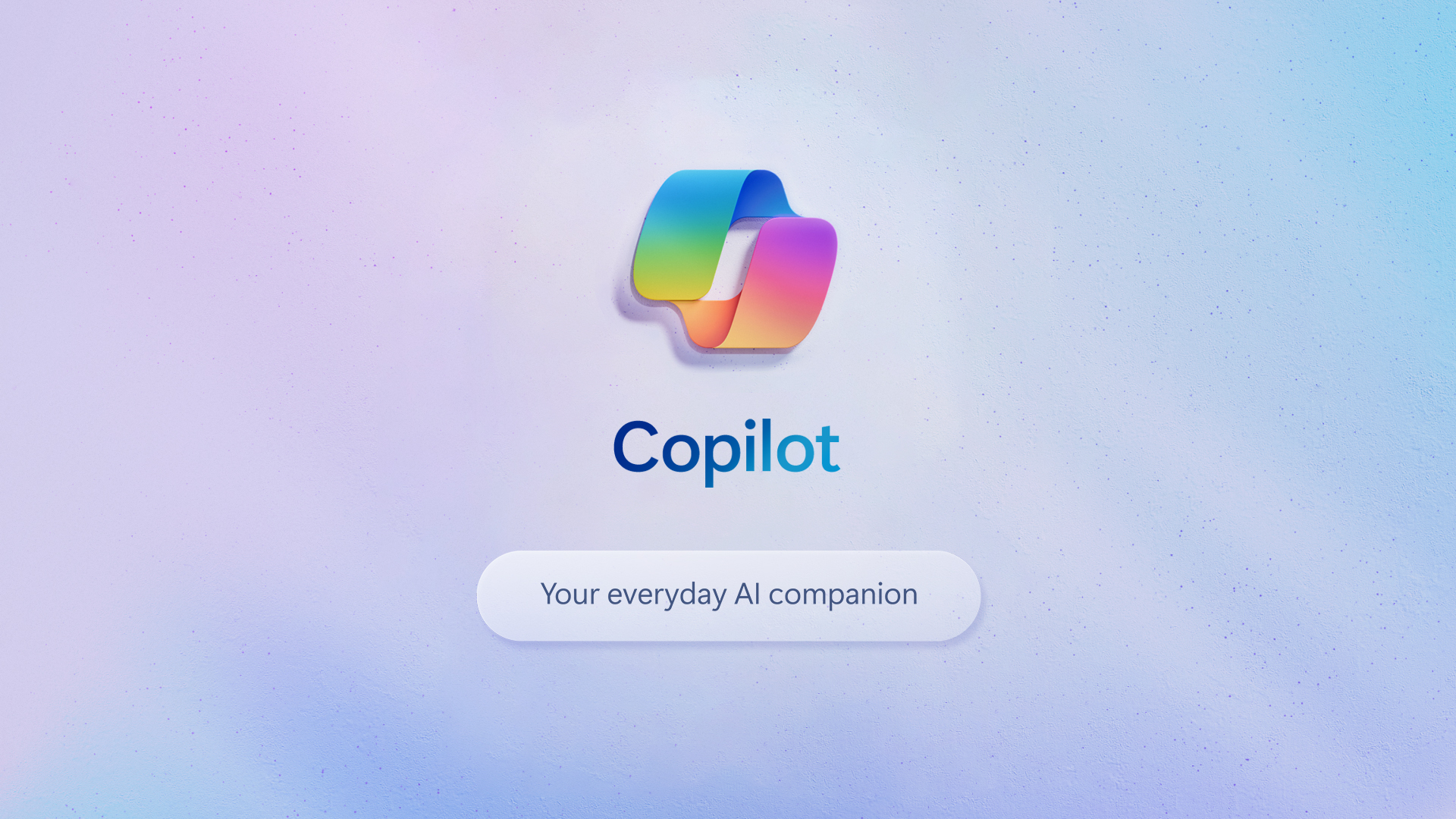Compared to when Bluecube first started in 2003, we are all working with bigger and bigger IT systems than ever before. With this, many businesses are looking to avoid storing their data on-site, and to move to a cloud-based storage system instead.
Time goes by, and technology always seems to evolve with it.
Cloud technology makes it easier than ever to store and retrieve data, and it often works out being much more cost-effective for businesses, too!
But did you know that there are different types of cloud storage? There are some cloud technologies that you can run on-site, and others where you can run them off-premises.
Let’s take a look at a few of these types and consider which cloud storage solution might be most beneficial for your own operation.








